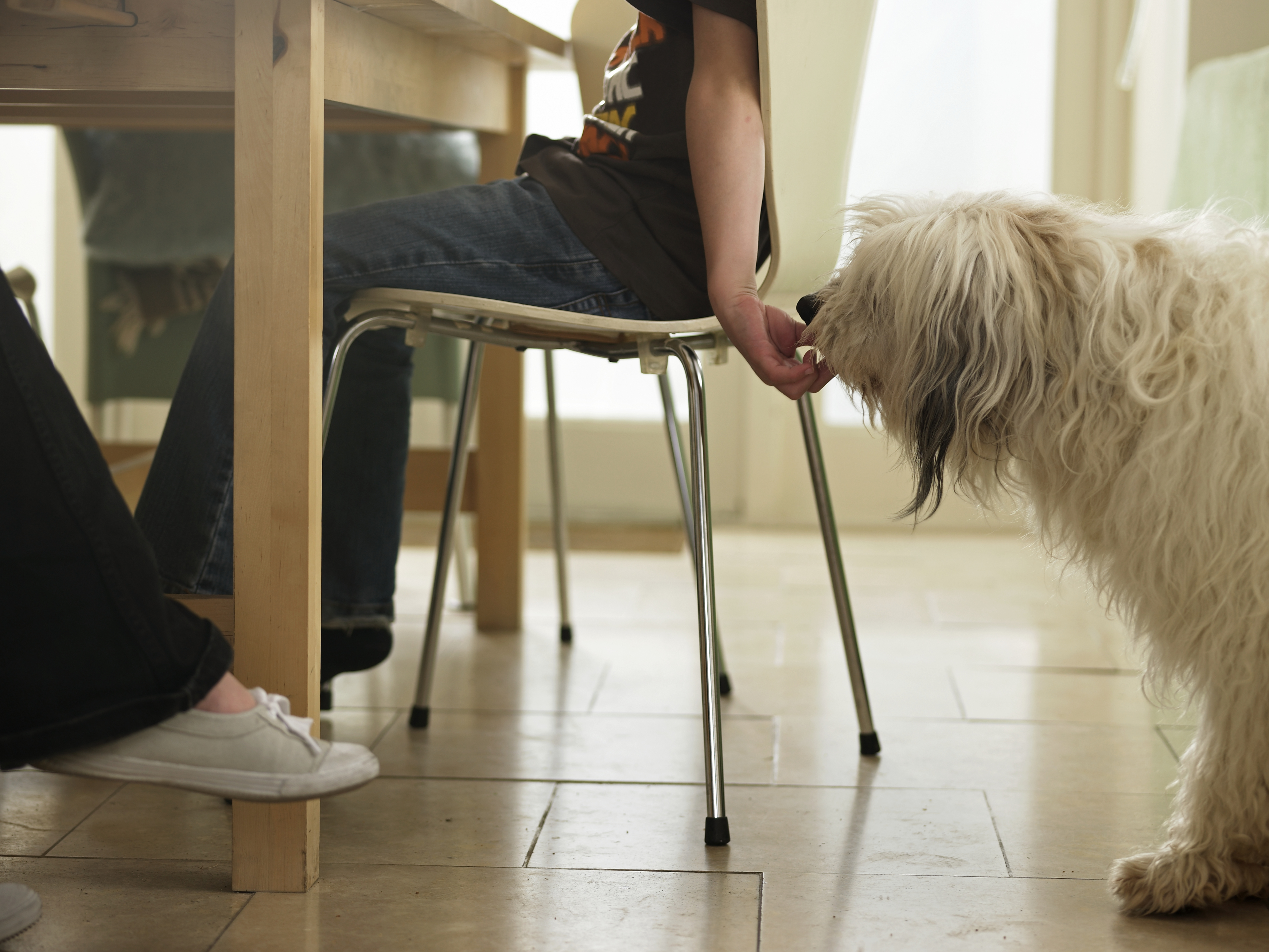WASHINGTON — For pets, just like their human owners, the holiday season can be a joyous time of year but it also rings in a unique set of threats for dogs and cats.
“Tis the season for emergency visits,” says veterinarian Dr. Katy Nelson.
Here are five hazards that Nelson recommends pet owners should avoid to ensure their dogs and cats, and the entire family, enjoy a safe and happy holiday:
1. Medications — Keep all drugs out of reach of pets. That includes all prescriptions plus over the counter medications like ibuprofen and nasal decongestants. Controlled substances like alcohol and marijuana also should be kept away from those wet, curious noses, according to the American Society for the Prevention of Cruelty to Animals.
2. Plants — Keep your cats away from bulbs like amaryllis and paper whites. Don’t let your pets chew on poinsettias. And keep those furry companions away from the water in the Christmas tree stand if it contains chemicals to keep the tree fresh. Stagnant water in the stand can also cause diarrhea or nausea. Ingesting holly can cause similar symptoms.
3. Foods — Lots of holiday treats can be unfit for pets including chocolate, raw meat or meat with bones, higher fat foods like chicken skin, sugar-free snacks, macadamia nuts, grapes and raisins and food with alcohol in it.
4. Decorations — Don’t let your pets nibble on the tinsel, gift bows or bells. Tinsel, when ingested, can obstruct the digestive tract and lead to vomiting, dehydration and even possible surgery, according to the ASPCA. Pets can burn themselves if they knock over a burning candle. Get on your hands and knees and look at decorations from your pet’s perspective.
5. Open doors — With guests coming and going and visits from delivery drivers, don’t forget to keep Fido in the house. This is a good time of year to update your pets’ microchip information in case they do make a run for it. Collars with ID tags and a current address or phone number are also very to make sure your pet finds her way home again. Also remind out-of-town guests to keep doors closed.
Pet owners can learn more by visiting the ASPCA’s poison control page.







